Top 8 Indoor Plants that are Allergy Safe
While the presence of houseplants enhances the aesthetics and comfort of a room or workspace, some people find that even the thought of a plant nearby makes them sneeze.
If you have allergies, you might be wondering whether you can add any indoor plants to your home or office without having them make them worse. Luckily, the answer to this question is: Yes!
Our this article, we cover the reasons why indoor plants can cause allergies, which plants to stay away from, and which 8 Indoor Plants are the best for those of us who have severe allergies.

Please Note: We are not medical practitioners and none of the information contained in this article is medical advice. Consult your medical practitioner for medical advice.
CAN HOUSEPLANTS CAUSE ALLERGIES?
All plants, whether they are inside or outside, can cause allergies. It depends on the individual and their unique genetic composition and lifestyle choices. Usually what people react to is pollen, from flowering plants and “plant juices”, such as latex, which emerge from the plant, typically if its skin is ruptured.
Is it possible to identify your allergies? The following are a few signs and symptoms of allergies: If you are experiencing severe symptoms or if they suddenly started, please consult your medical practitioner.
The following symptoms are commonly associated with pollen allergies:
- Irritated, red, itchy or watery eyes
- Puffiness or darkness under the eyes
- Sneezing
- Runny nose
- Congestion
- Tiredness
Following are typical symptoms of allergic reactions to plant latex, which comes into contact with skin:
- Itching
- Redness
- Raised bumps
- Skin Rash
PLANTS TO AVOID IF YOU HAVE ALLERGIES INCLUDE

The plants on the following list typically only cause problems if they are allowed to bloom or spore, as pollen is almost always the root of allergic reactions. However, if you have a severe allergy to airborne allergens, it is best to stay away from the following, primarily flowering and sporing plants:
- Orchids*
- Spider plants*
- Begonia*
- African violets*
- Chinese Money Plant*
- Ferns
*Note: The plants mentioned above are not considered allergens, unless in bloom.
If you often have a skin reaction to plants, you should avoid touching the following indoor plants. However, you can still avoid this by wearing gloves when you handle, prune, or repot your houseplants.
- Anthuriums
- Chinese Evergreen
- Dieffenbachia
- Philodendron
- Umbrella Plants
- Hoya
- Elephants Ears
- Delicious Monsters
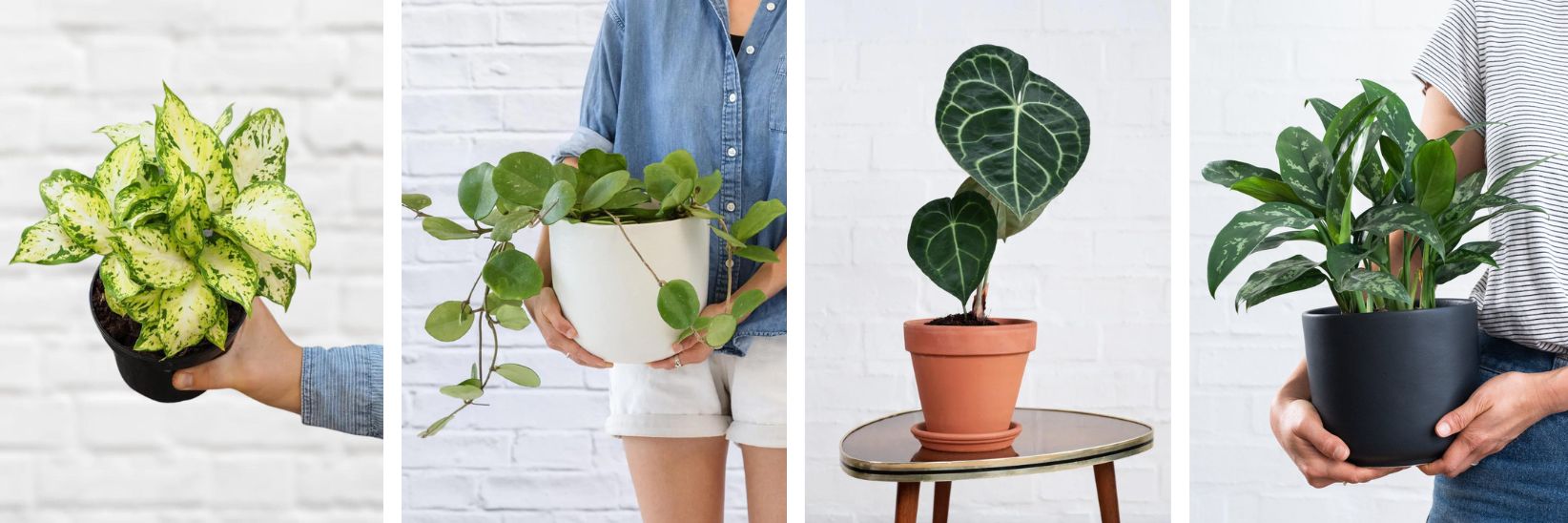
It is important to remember that allergies are not always caused by plants. Dust and mould can also be irritants.
Oftentimes, allergic responses to mould are misdiagnosed as allergic responses to plants. Mould can grow in the soil of houseplants, which can cause a reaction that has nothing to do with the plant.
There are many ways to keep your indoor plants from developing mould. Soggy soil will encourage the growth of mould on your plants, so avoid letting it get that way. Provide sufficient airflowto prevent mould and fungal growth on houseplants and to maintain their happiness. Plants require sunlight and sufficient ventilation.
See Why are mushrooms growing with my Houseplants? for more information on mould.
4 TOP TIPS FOR REDUCING ALLERGIC REACTIONS FROM HOUSEPLANTS
- Be Selective or Choose attractive foliage Plants and be sure to ask the shop assistant if that particular plant happens to flower indoors. Flowering plants often produce pollen - a common allergen. This is also an excellent time to do a little research, as some blooming houseplants such as Peace Lilies tend to have sticky pollen, which is less likely to become airborne.
- Prevent Blooming by Pinching off the Buds. Indoor plants frequently consist of mostly foliage plants with a few tiny flowers, though these are even less likely to bloom because they frequently don't get enough light. Pinch back any blooms if your plant does produce them to stop the pollen from spreading. Additionally, this will probably give your Plant a growth boost because flowering requires more energy than foliage does for plants.
- Prevent Mould growth by watering correctly and providing sufficient ventilation. Mould can grow and make spores when there is too much moisture and not enough air circulation. To keep allergens away, avoid soil that is too wet and make sure your space has good airflow. Knowing your humidity levels can also help you avoid the growth of mould, as most black moulds require humidity levels of 65% or higher to thrive.
TOP TIP: Consider buying a hygrometer to keep an eye on humidity levels in your home.
-
Dust your Houseplants. You can reduce the amount of allergens in the air by cleaning the foliage of your plants on a regular basis to remove dirt and grime from their leaves, which act as a catch-all for all types of airborne allergens. Use a soft cloth to wipe down the foliage to accomplish this quickly and easily.
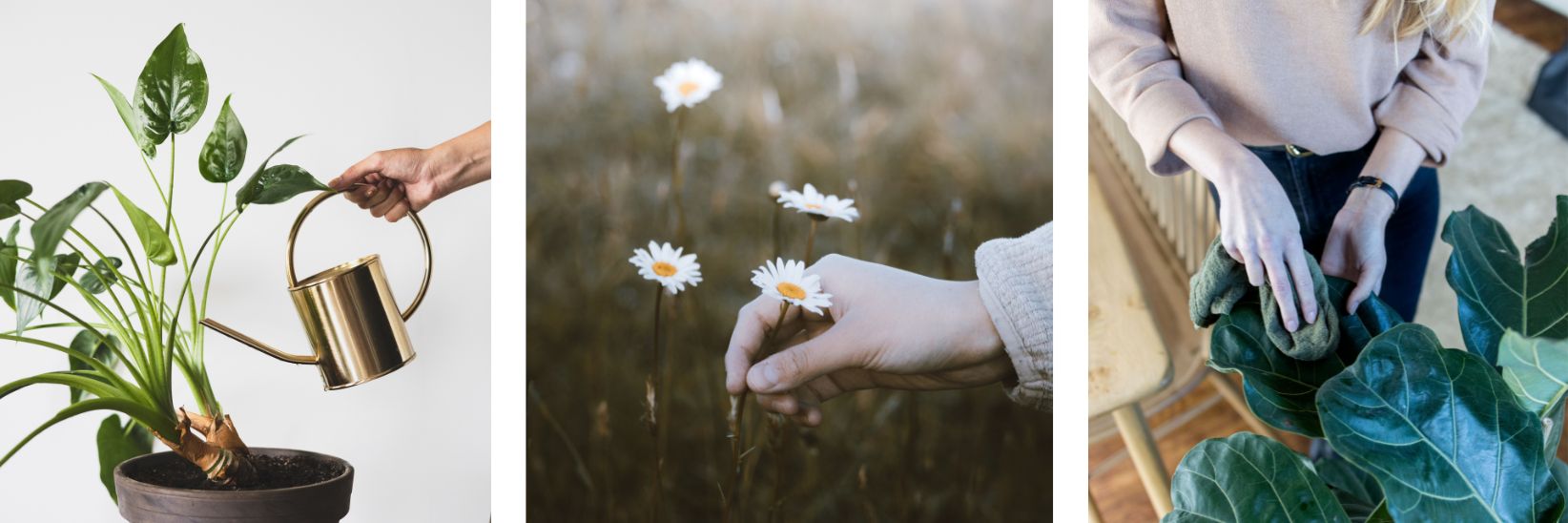
8 TOP ALLERGY-SAFE INDOOR PLANTS
The following houseplants are best if you have allergies, but you should exercise caution when caring for them. When working with plants, it is always advised to put on gardening gloves to reduce the risk of an allergic reaction.
1. GOLDEN POTHOS

The Golden Pothos (Scindapsus Aureus) is a lovely yellow-variegated variety of the plant. They grow incredibly quickly and have a fantastic vining habit, making them ideal for a hanging display.
The Devil's Ivy, another name for the Golden Pothos, is a fantastically low-maintenance tropical houseplant with exceptional formaldehyde reduction capabilities. It's believed that formaldehyde makes the respiratory tract more irritated, which can make allergies worse.
Handle pothos juices carefully because if you have a little sensitivity, they might irritate your skin. Visit our Golden Pothos Care Instructions for comprehensive care information.
2. PHILODENDRON BRASIL
The Philodendron Brasil (Philodendron Hederaceum 'Brasil') is a multicoloured beauty and another of those lovely trailing houseplants. It is ideal for adding to a shelf or including in a wall-mounted planter.
They not only have heart-shaped foliage that is very eye-catching and colourful, but they can also reduce airborne toxins and gases through photosynthesis, which enhances air quality. They are therefore perfect for allergy sufferers who want to learn how to care for plants and are also very simple to maintain.
See Philodendron Brasil Care Instructions for more information.
3. PARLOR PALM
The Parlor Palm (Dypsis Lutescens) is a magnificent floor-level statue with foliage that resembles a fountain. They require little upkeep and are perfect for medium-lit areas that want a splash of green.
They are perfect for allergy sufferers' homes in addition to being very attractive. As far as air purifiers go, they're considered top-tier. They serve as a natural humidifier, increasing the amount of moisture in the air. The large, delicate leaves can also filter and trap toxins and allergens in the air. As an alternative to the Parlor Palm, consider the Broadleaf Lady Palm.
See our Parlor Palm Care Instructions for More Information on Detailed Care.
4. DRAGON TREE
Dragon trees (Dracaena) are incredibly well-liked indoor trees with little upkeep. These plants come in a variety of hues, from simple, shapely Goliaths in plain green to stunning, statuesque variegated options like the Song of Jamaica and the Song of India, all of which are exceptionally tolerant of various lighting conditions.
They are certain to impress in any size, whether they are tabletop or floor level. Moreover, they will purge the air of a wide range of toxins and allergens. storing allergen-triggering substances in their leaves.
Check Out Our Dragon Tree Care Instructions For Detailed Care.
5. PEACE LILY
Here is a flowering option that is still secure for the majority of allergy sufferers. Because of their lustrous, deep green foliage and regal, white blooms, peace lilies are incredibly popular indoor plants.
The Peace Lily (Spathiphyllum) is a houseplant that requires only moderate maintenance and will communicate when it needs water. They can also grow in different kinds of light, but they do best in medium light, which also helps them bloom.
If you are allergic to Pollen, the Peace lily is an excellent choice for a flowering plant, as its Pollen is stickier and heavier than that of most other flowers, making it less likely to float in the air. Mould spores can be extracted from the air by Peace Lilies, which are also highly effective air purifiers.
For Detailed Care, Check Out Our Peace Lily Care Instructions.
6. MOTHER-IN-LAWS TONGUE
This plant, also known as the Snake Plant (Sanseviera), is a hardy houseplant option. Not only does it come in a range of eye-catching hues and leaf shapes, such as the silvery Moonshine or the Sansevieria Boncel's adorable starfish-like flare, but it is also available in a variety of sizes.
This type of houseplant is ideal for those who believe they are incapable of caring for houseplants. Regardless of neglect, they will flourish under a variety of lighting conditions.
Overall, they are one of the most efficient air purifiers that can reduce ozone levels. This indicates that they will effortlessly convert Carbon dioxide to Oxygen, purifying the air of allergens. Bring your mother-in-law's tongue into the bedroom if you are feeling a bit stuffy before bed due to allergy symptoms. This will help alleviate your symptoms.
For Detailed Care, Check Out Our Mother In Laws Tongue Care Instructions.
7. RUBBER TREE
Ficus Elastica is an additional fantastic option for beginner indoor trees. They are extremely low maintenance and will make an impression regardless of size. The Rubber Tree is also one of those stunning houseplants that are available in a variety of colours and sizes, making it an excellent choice for those seeking a non-standard houseplant.
Found in beautiful variegated options such as the Rubber Tree 'Tineke' or in dark purples for a moody atmosphere, such as the Abidjan. Prefer deep greens instead? Consider Rubber Tree 'Robusta' as your floor or table centrepiece.
Rubber Trees are another of these great air purifiers that have the ability to remove formaldehyde from the air, as this volatile gas can irritate your nose, throat, and eyes, aggravating allergies and triggering asthma attacks in asthma sufferers.
Refer to our Rubber Tree Care Instructions for more information on how to properly maintain your rubber tree.
8. ALOE VERA
Everyone should have at least one Aloe Vera plant, as it is a wonderfully simple indoor succulent variety. They have beautiful pale green foliage and will thrive in a bathroom or kitchen with ample light. Though any location away from direct sunlight is optimal.
They are not only elegant and attractive, but also simple to maintain. However, what makes them exceptional is their ability to produce oxygen at night. They both will filter the air in your home and provide you with clean, fresh oxygen to breathe. Consider placing one or two Aloe Vera plants in your bedroom if you have a mild case of hay fever in order to sleep more soundly.
The fact that you have allergies should not prevent you from designing the urban jungle of your dreams. Utilise our list of plants and suggestions as a fantastic starting point for your allergy-free urban green space.
Final Note: As mentioned above, this article is informative only and does not constitute any medical advice. Consult your medical practitioner should you have any questions about your allergies and houseplants.



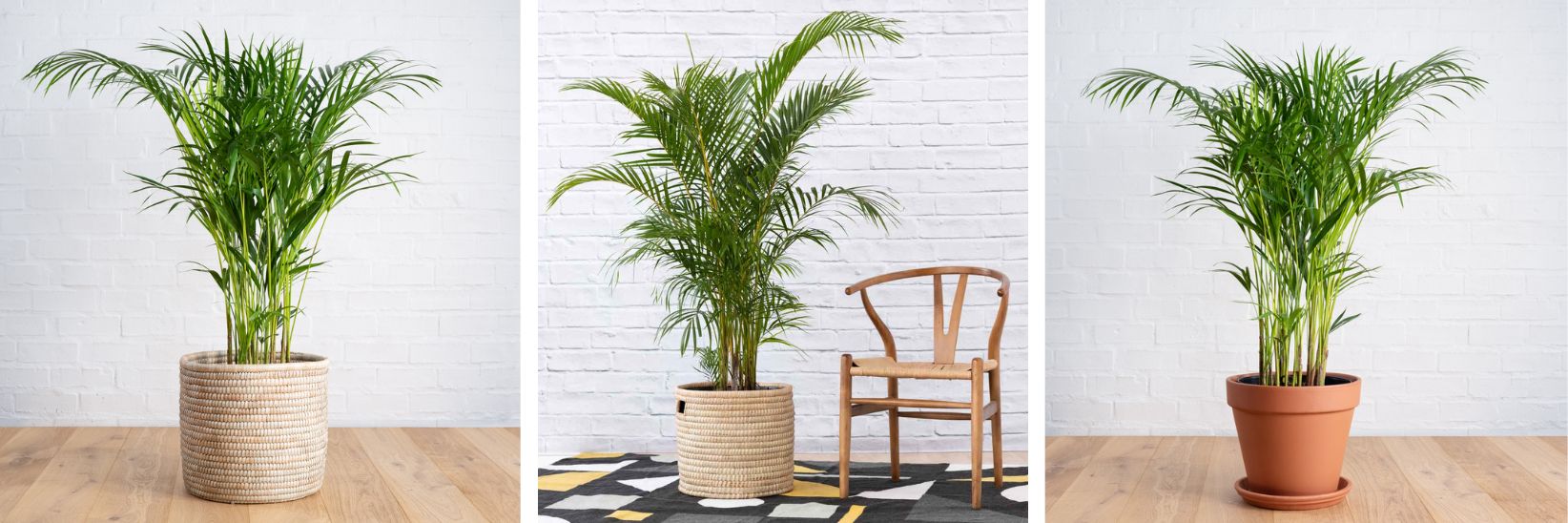
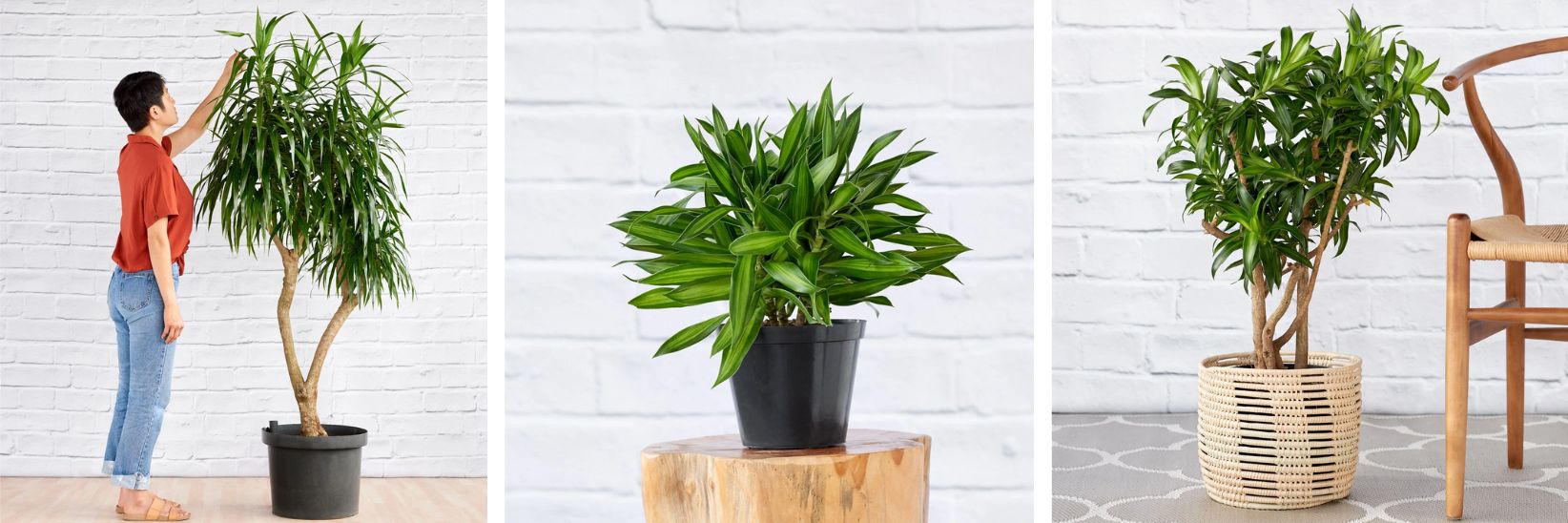







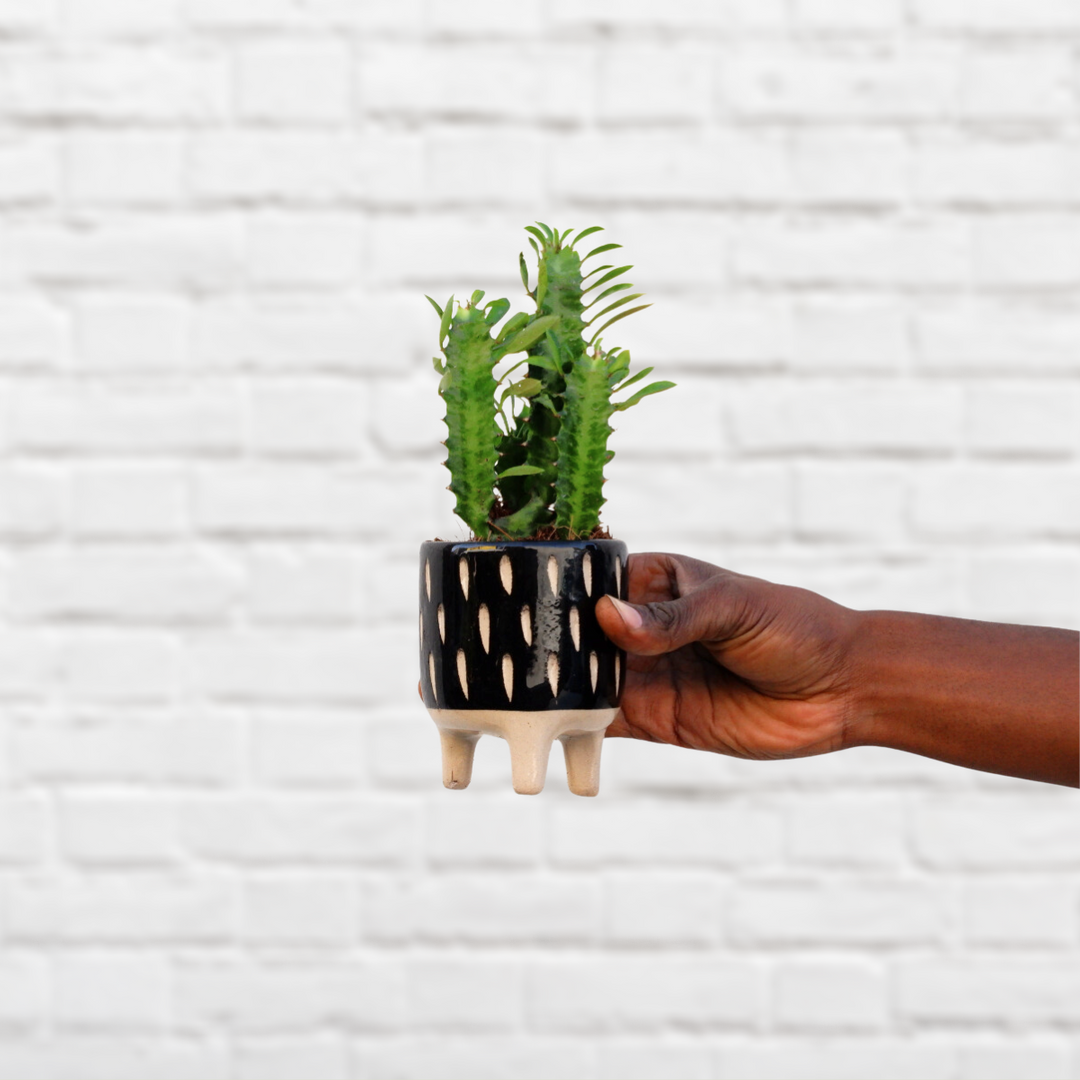
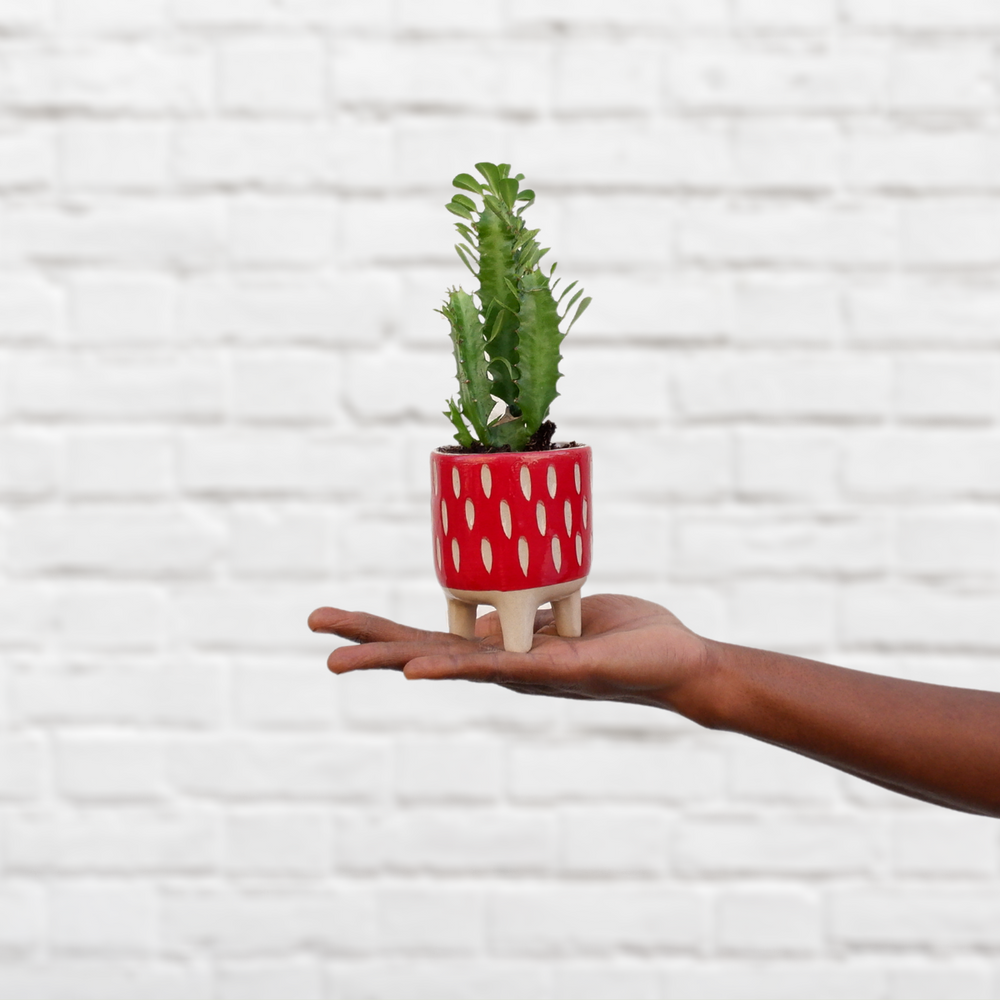
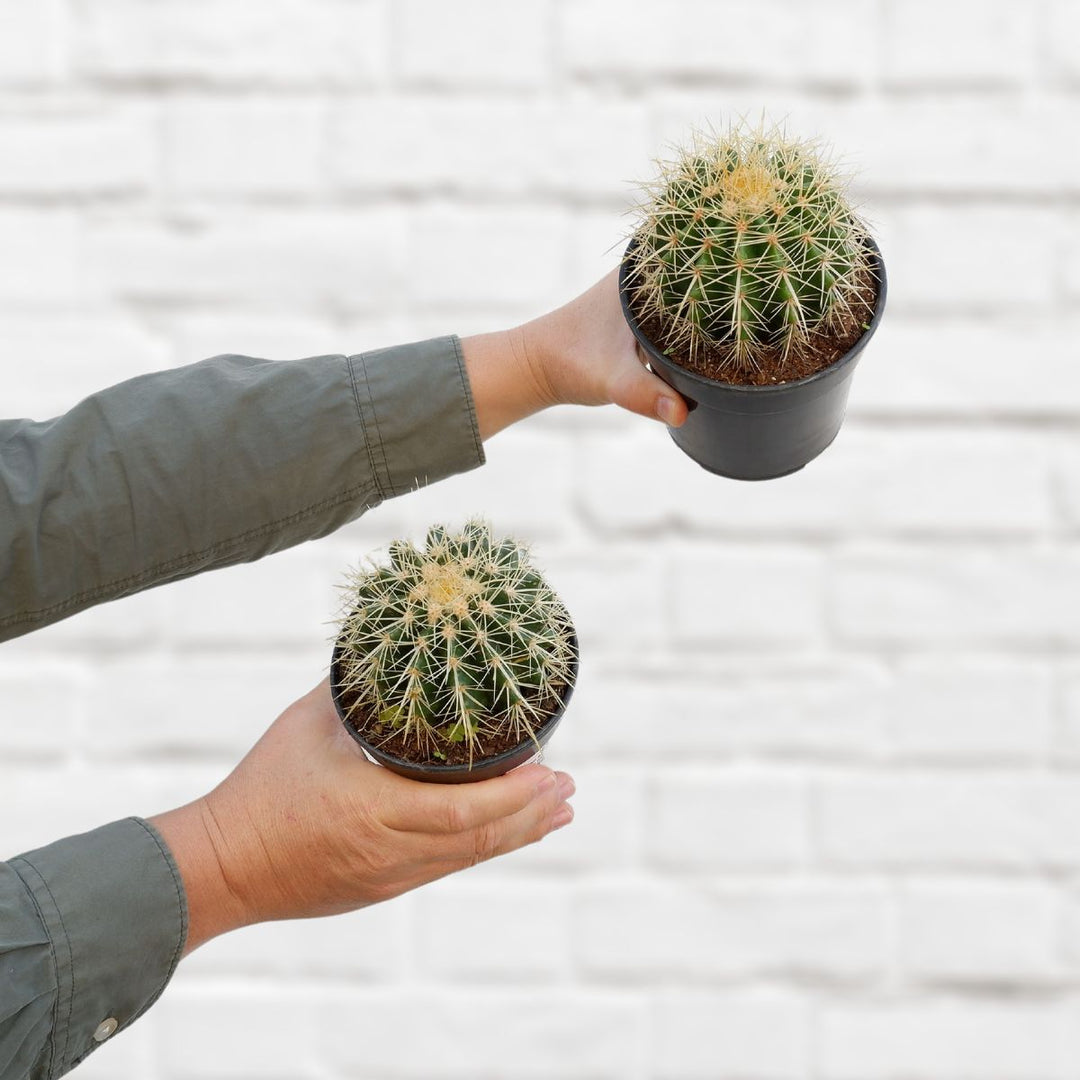
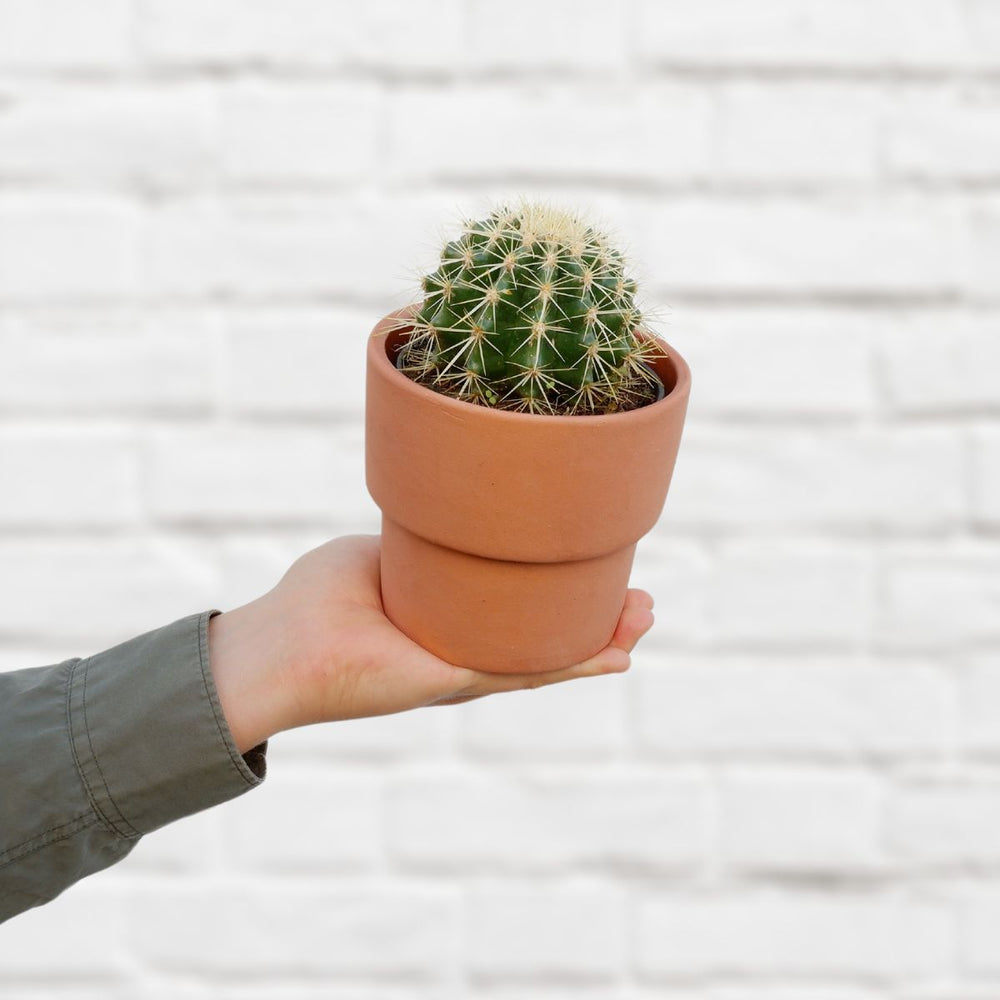
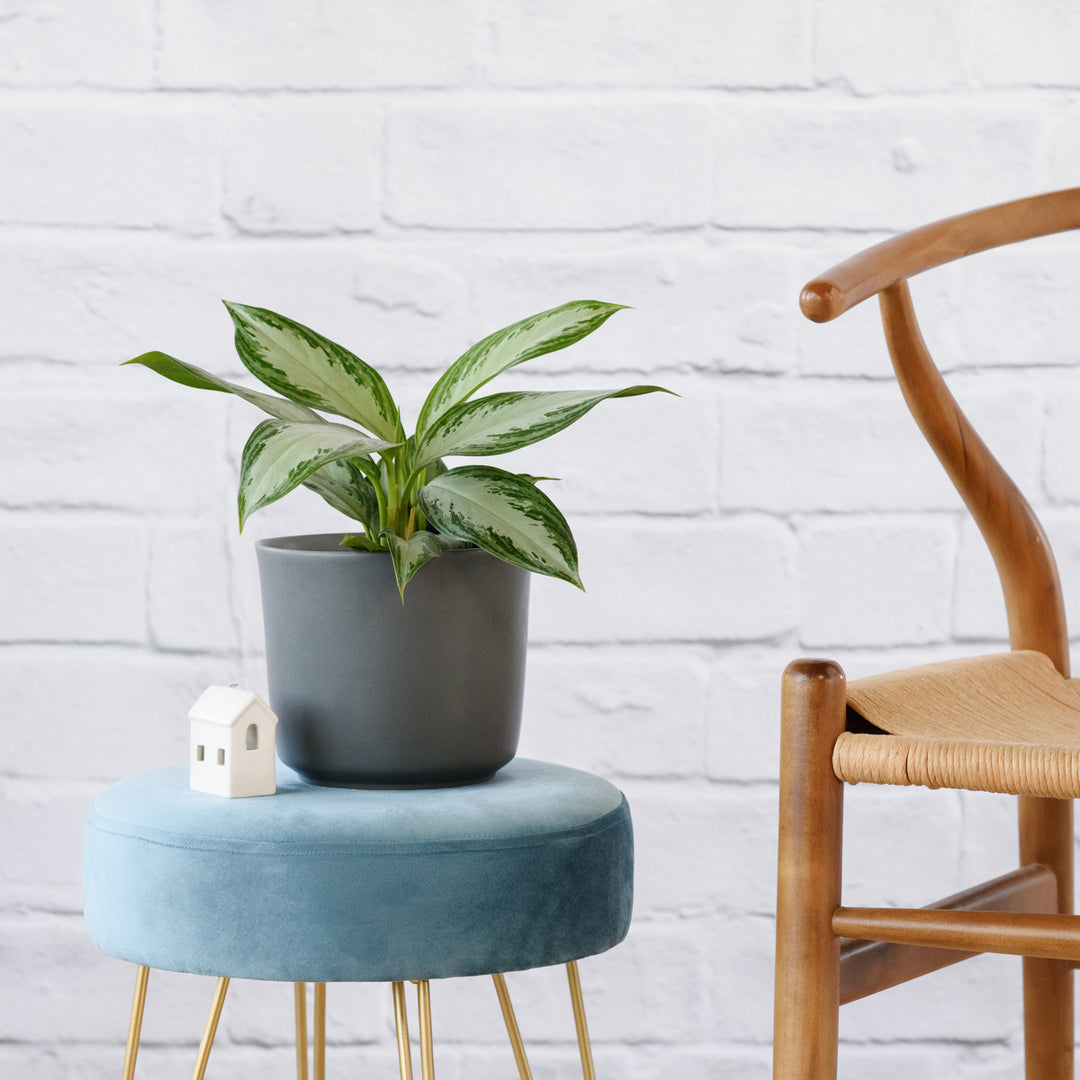
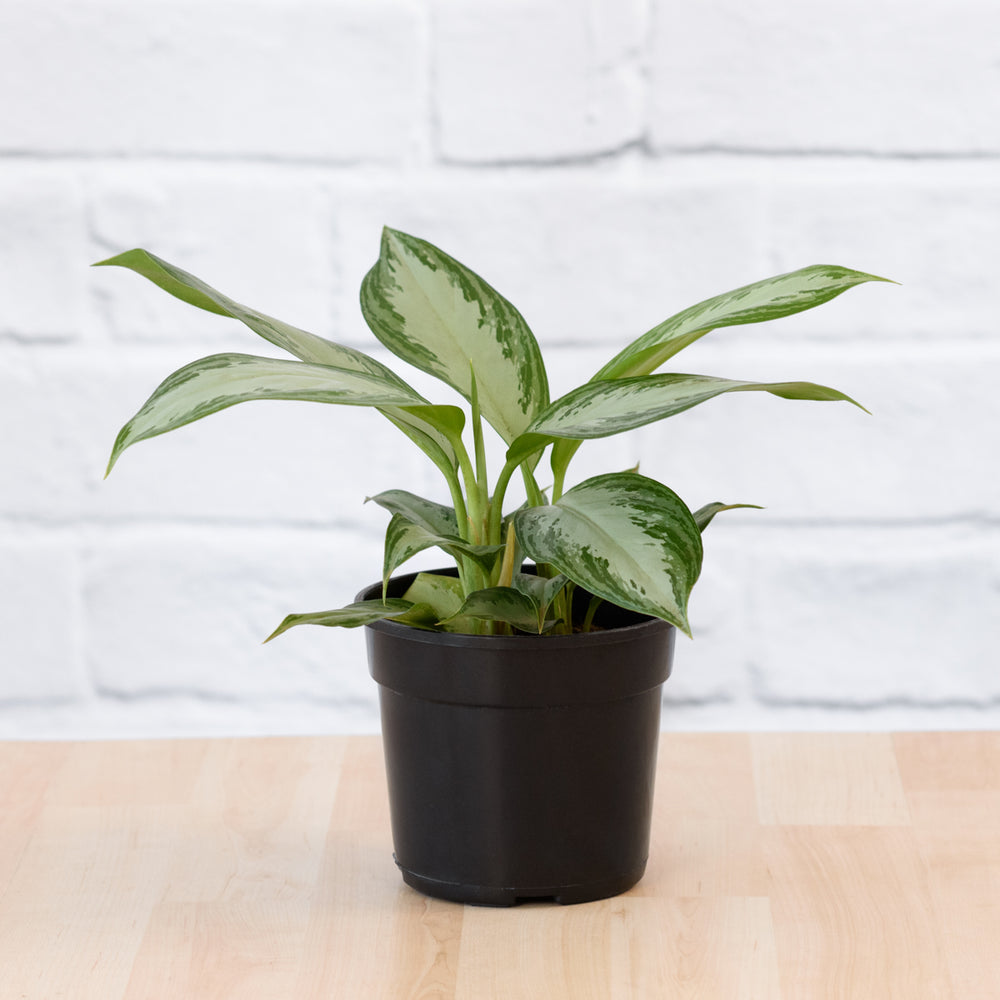
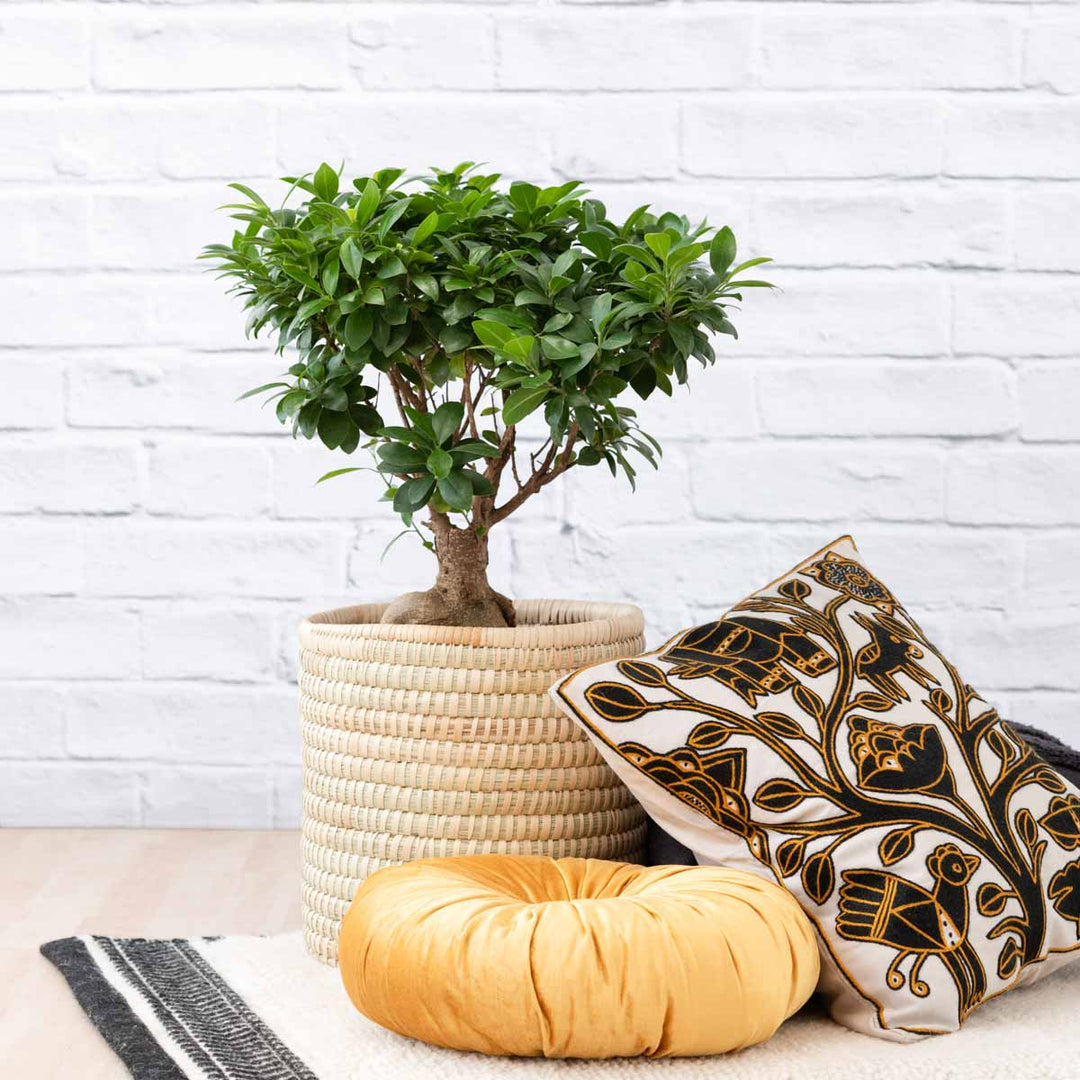
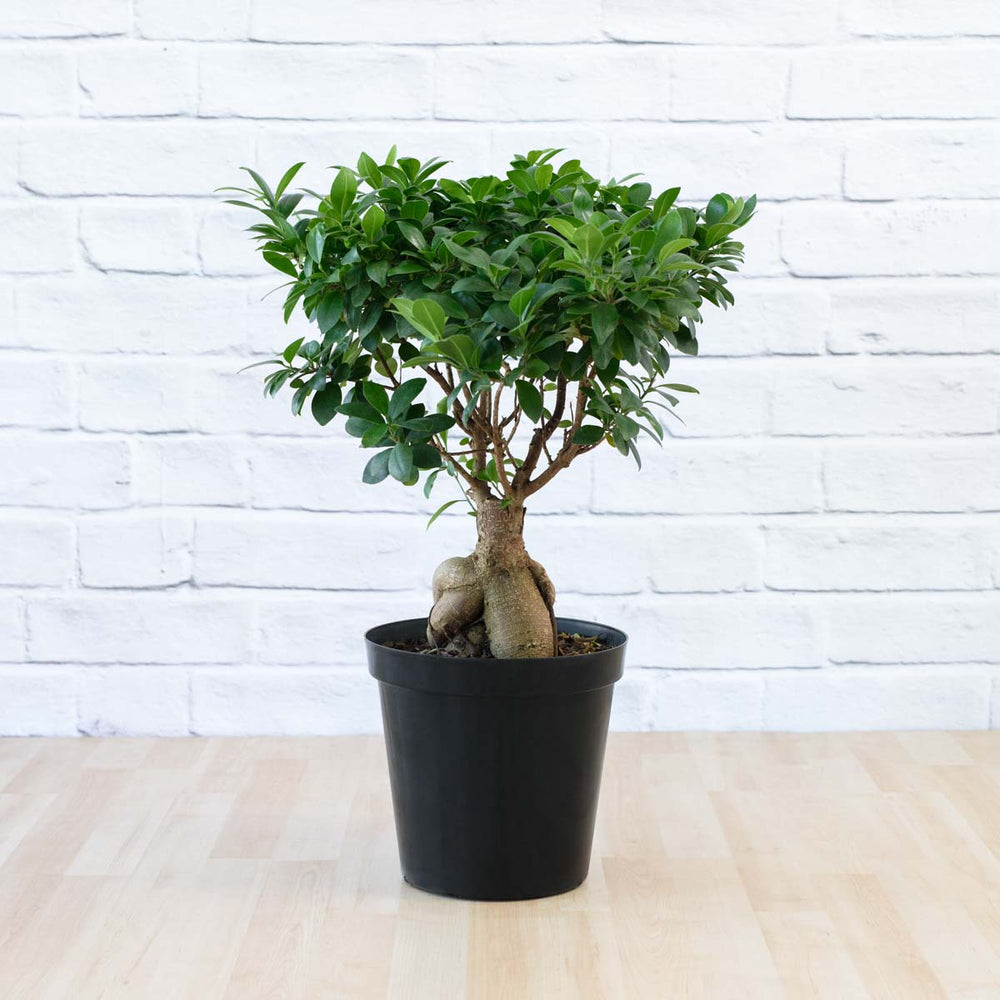
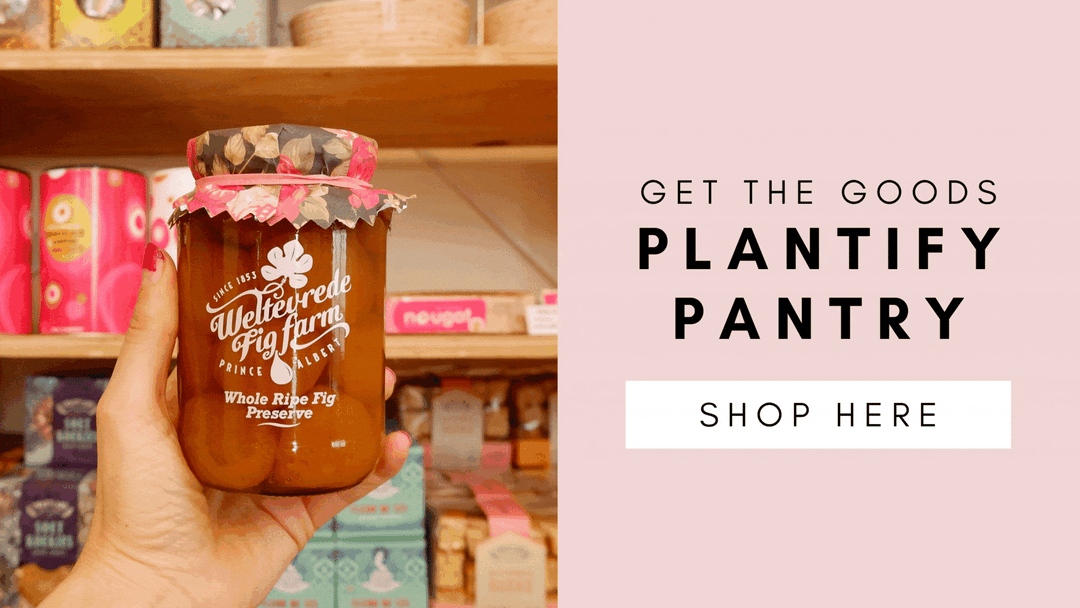
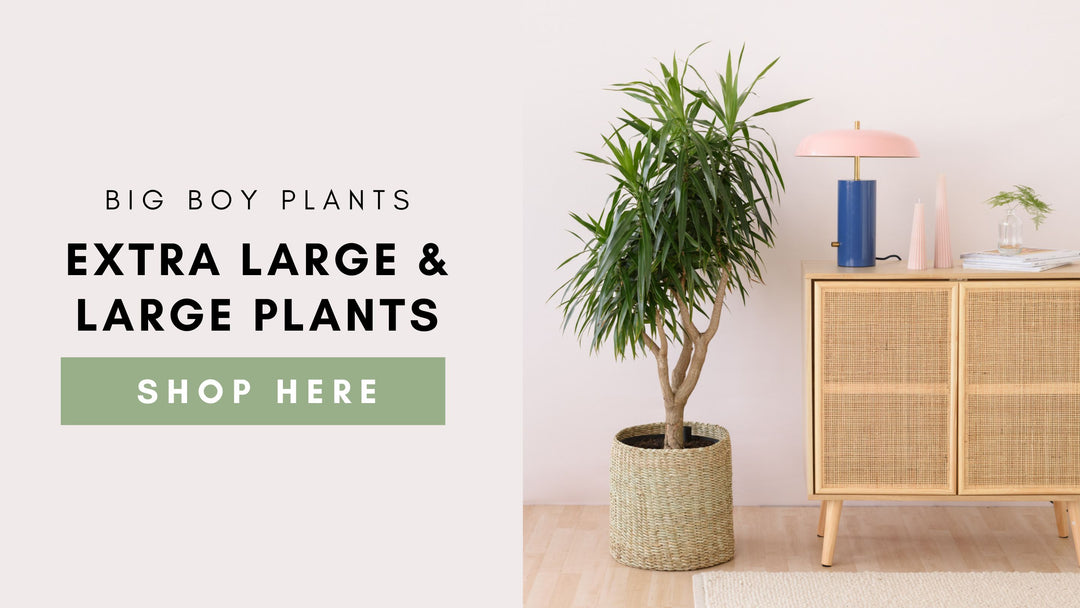
July 13, 2024
This page was extremely helpful.
I have found this page very helpful. I suffer from severe asthma and also hay fever and take lots of medication but I will definitely be buying a couple of aloe Vera plants and a snake plant.
Regards
Elaine
Leave a comment